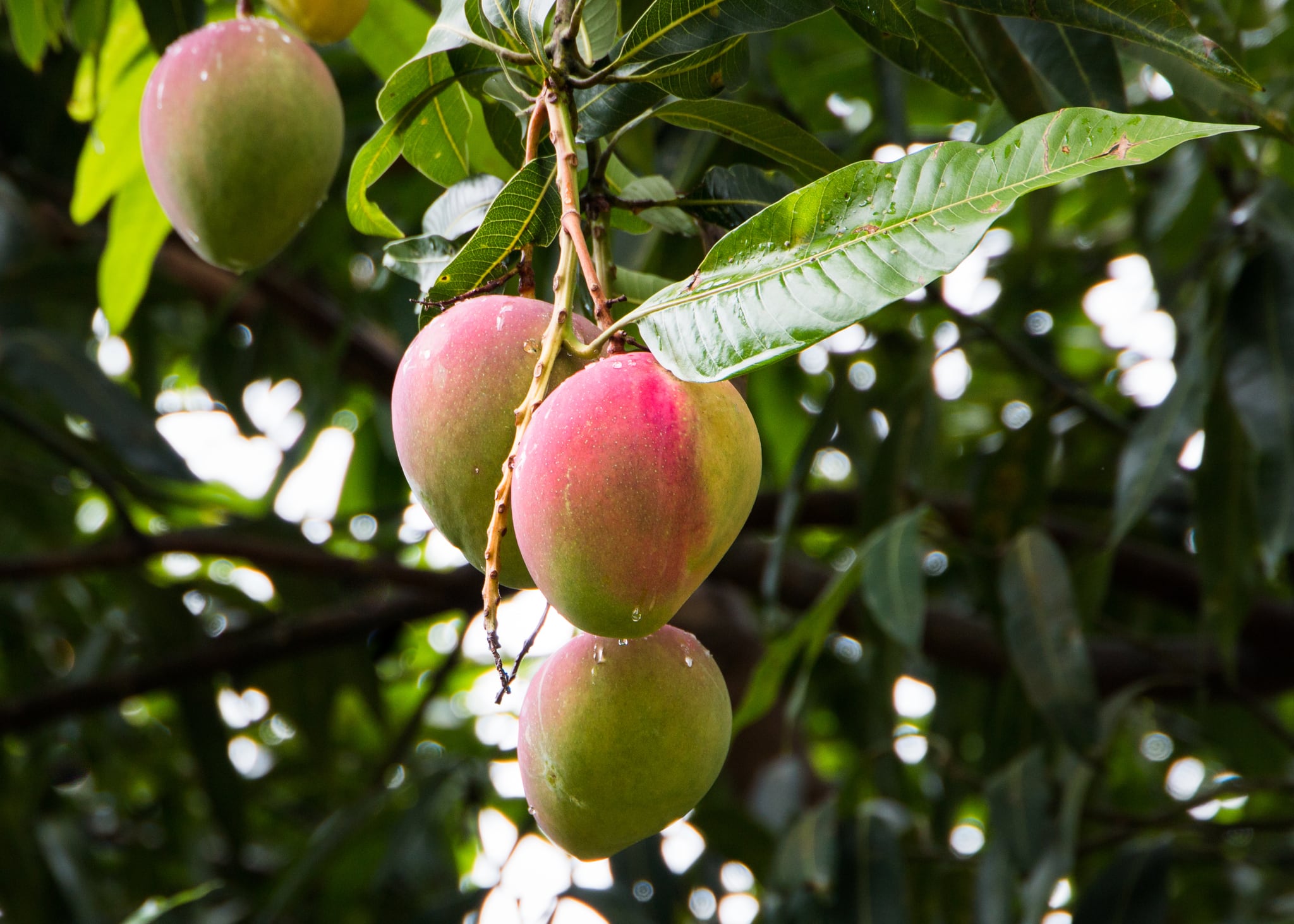Writing in the society’s journal, the review highlights most studies assessed find an acute enhancement of certain aspects of exercise performance, both physical and mental in both trained and untrained individuals.
Additionally, the review suggests caffeine’s optimal effects occur when consumed in moderate doses of 3–6 milligrams per kilogram (mg/kg) body mass with optimal timing of ingestion dependent on its source.
Here, the paper sets out current methods of delivery that include caffeinated chewing gum, mouth rinses, and energy gels as well as energy drinks and pre-workouts that provide benefits to anaerobic and aerobic performance.
The findings, while not surprising offers product developers further insight into what athletes are looking for in such products and how future NPD could better serve their needs and performance goals.
“What impacts on the end-user or for the user are they hoping to achieve, from an exercise performance standpoint, from a mood states perspective and from overall safety, too, of course,” explains co-author Douglas Kalman, Nutrasource’s vice president of scientific affairs.
“Formulators should consider knowing what dose caffeine to use in a product based upon the evidence-based literature and use of a reference being for scaling the dose.”
Sport-specific performance gains
The review, led by Nanci Guest from the University of Toronto, also takes a look at caffeine and sport-specific performance, highlighting evidence to support real-world performance improvements attributed to caffeine intake.
In the sport of football, studies suggested caffeine increased total distance covered during the game, increased passing accuracy, and jumping height, but the consumption of a caffeinated energy drink did not enhance performance in the “T test” in female soccer players, nor during match play in young football players.
Similar results were found for volleyball in which caffeine appeared to increase the number of successful volleyball actions and decrease the number of imprecise actions.
On the contrary, caffeine did not improve physical performance in multiple sport-specific tests in professional females, nor performance in volleyball competition.
“Although literature reviews show that caffeine ingestion is, on average, ergogenic for a wide range of sport-specific tasks, its use might not be appropriate for every athlete,” the paper comments.
“Specifically, the use of caffeine needs to be balanced with the associated side-effects and therefore experimentation is required in order to determine the individual response before assessing whether the benefits outweigh the costs for the athlete.
“Athletes should gauge their physical response to caffeine during sport practice and competition in addition to monitoring mood state and potentially disrupted sleep patterns.”
Caffeine’s for endurance and strength
Much of the review focuses on caffeine’s role in endurance exercise, muscular endurance, strength and power.
Here, caffeine has been shown to be ergogenic for muscular endurance in two meta-analyses reporting effect sizes ranging from 0.28 to 0.38 (percent change range: 6 to 7%).
However, others have shown that it enhances strength but not muscular endurance. Studies included in the review examine multiple strength-muscular endurance tasks and found benefits, none at all, or even impairments in muscular endurance with caffeine use.
The review’s authors also found ingesting caffeine prior to a muscular endurance task was likely to delay muscular fatigue, but these effects were not consistent among all studies.
Caffeine has consistently been shown to improve endurance by 2–4% across dozens of studies using doses of 3–6 mg/kg body mass, according to the review.
Accordingly, caffeine is one of the most prominent ergogenic aids and is used by athletes and active individuals in a wide variety of sports and activities involving aerobic endurance, it adds.
Caffeine has been shown to benefit several endurance-type sports including cycling, running, cross-country skiing and swimming.
“Caffeine has been consistently shown to be effective as an ergogenic aid when taken in moderate doses (3–6 mg/kg), during endurance-type exercise and sport,” the research team writes.
“Dozens of endurance studies are highlighted through this review is various sections, showing consistent yet wide-ranging magnitudes of benefit for endurance performance under caffeine conditions.”
‘A degree of uncertainty’
The team also take time to assess the evidence of caffeine’s role in muscular endurance, strength and power, in which the ISSN admits a degree of uncertainty surrounding the benefits of caffeine in activities involving muscular endurance, strength and power remains.
“Studies exploring the effects of caffeine on movement velocity and power in resistance exercise generally report that caffeine ingestion provides ergogenic effects of moderate to large magnitudes, with similar effects noted for both mean and peak velocity, and in upper and lower-body exercises,” the team writes.
“Even though this area merits further research to fill gaps in the literature, the initial evidence supports caffeine as an effective ergogenic aid for enhancing velocity and power in resistance exercise.”
Source: Journal of the International Society of Sports Nutrition
Published online: doi.org/10.1186/s12970-020-00383-4
“International society of sports nutrition position stand: caffeine and exercise performance.”
Authors: Nanci Guest et al.




